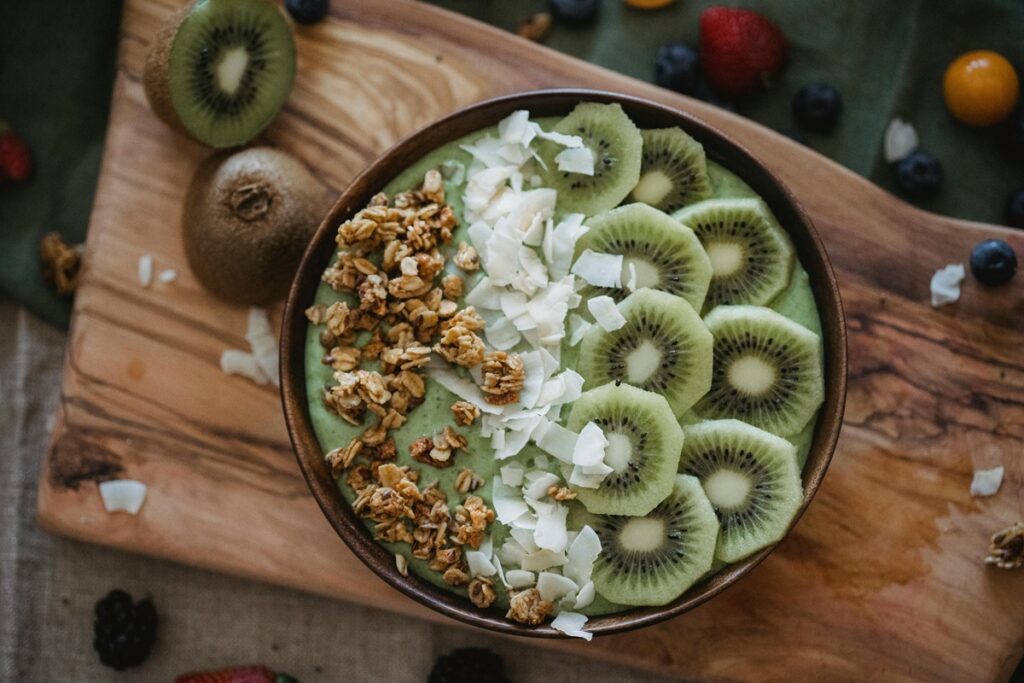
Hormones can be tricky. One day you’re riding high, the next you’re crying over a toothpaste commercial. Whether it’s PMS, perimenopause, PCOS, or just stress, many women struggle with hormonal imbalances at some point. But here’s the good news: what you eat has a direct impact on how your hormones behave.
A growing body of research shows that food is one of the most powerful tools we have to naturally regulate our hormones. A 2022 study in the Journal of Women’s Health found that women who followed a whole-food, plant-forward diet reported fewer symptoms of hormonal distress than those who followed a typical high-sugar, high-fat Western diet.
So what should you be eating? Let’s break it down.
1. Flaxseeds
Rich in lignans, flaxseeds are known to help regulate estrogen levels. Sprinkle them into your smoothies or oatmeal for an easy hormone-friendly upgrade. They’re especially helpful during perimenopause when estrogen becomes unpredictable.
2. Leafy Greens
Spinach, kale, and Swiss chard are packed with magnesium, a mineral that helps reduce cortisol (your stress hormone) and supports better sleep—both crucial for hormone regulation.
3. Fatty Fish
Think salmon, mackerel, or sardines. These are high in omega-3 fatty acids, which help lower inflammation and improve insulin sensitivity. According to a 2023 review in Nutrients, women who consumed more omega-3s experienced less hormonal acne and fewer mood swings.
4. Avocados
These creamy superfoods are full of healthy fats and fiber. They support estrogen and progesterone production, improve skin health, and keep you fuller longer—helping stabilize blood sugar and avoid those post-carb crashes.
5. Fermented Foods
Gut health and hormonal health go hand-in-hand. Foods like yogurt, kimchi, sauerkraut, and kefir support your microbiome, which in turn influences estrogen metabolism. A balanced gut can mean fewer PMS symptoms and better mood regulation.
6. Cruciferous Vegetables
Broccoli, cauliflower, and Brussels sprouts contain compounds that help the body detox excess estrogen. They’re particularly useful for women with estrogen dominance, PCOS, or heavy periods.
7. Eggs
Eggs are a complete protein and rich in choline and vitamin D—two nutrients linked to better fertility and hormonal balance. They’re also super versatile and affordable.
Final Thought
There’s no magic food that will balance hormones overnight, but building a consistent, nutrient-rich diet is a powerful act of self-care. Pay attention to what your body responds to, and make space on your plate for foods that nourish you—inside and out.
Because when your hormones are happy, you feel more like yourself.


